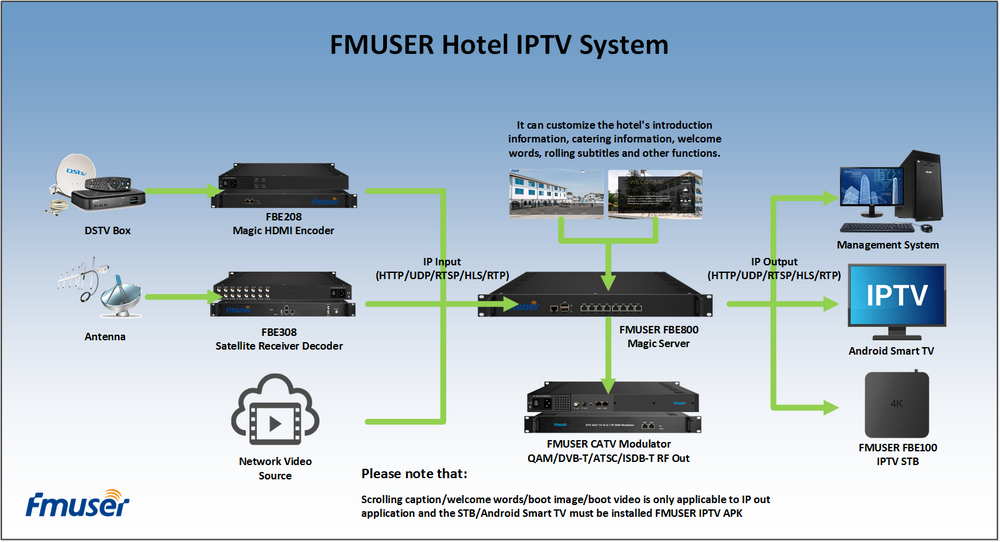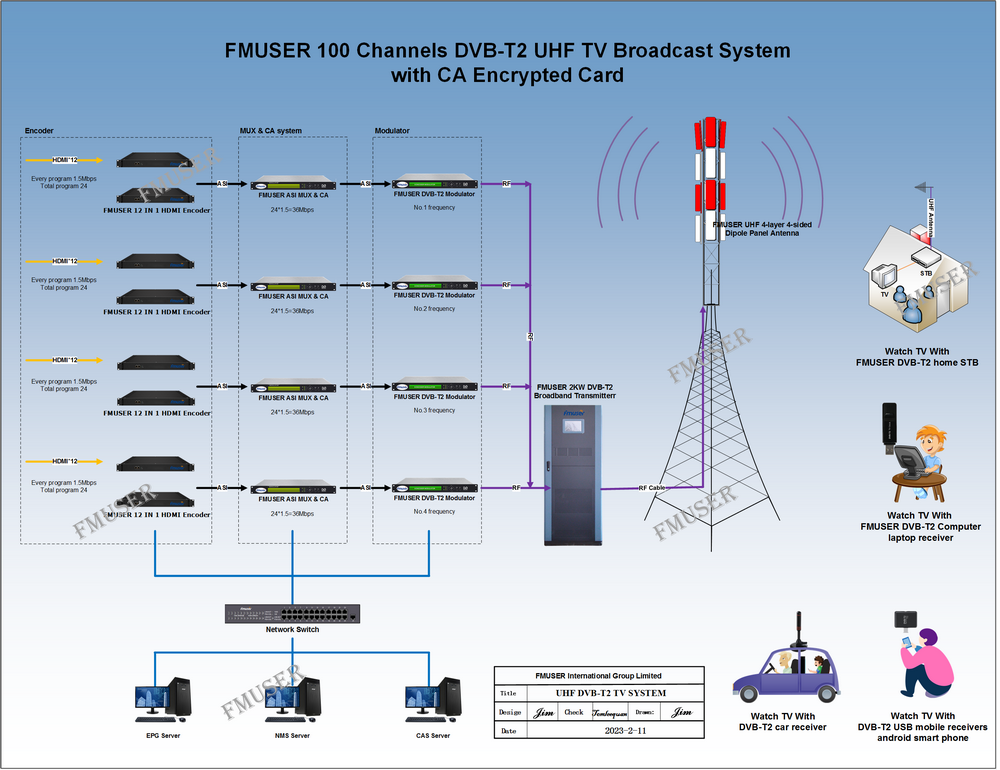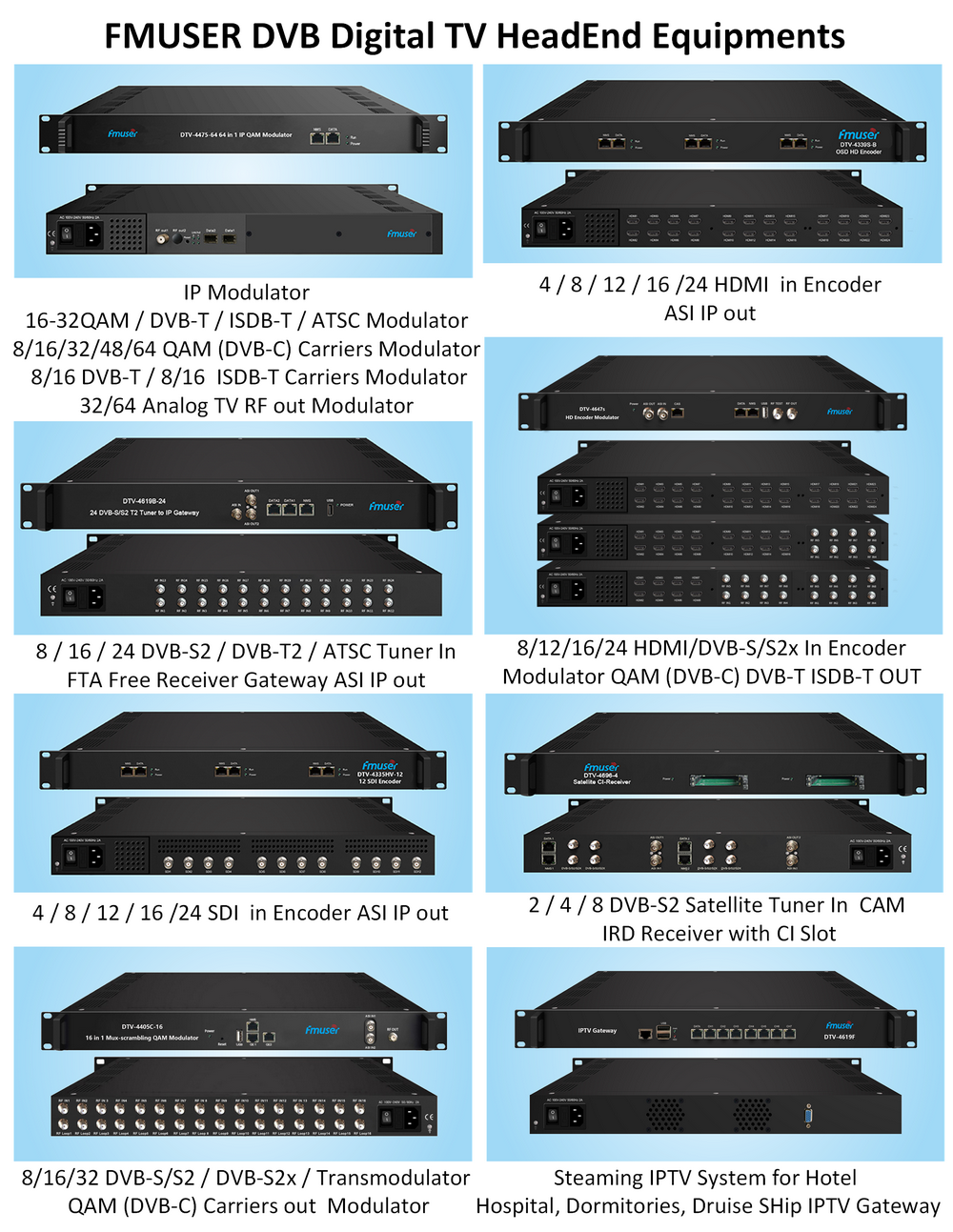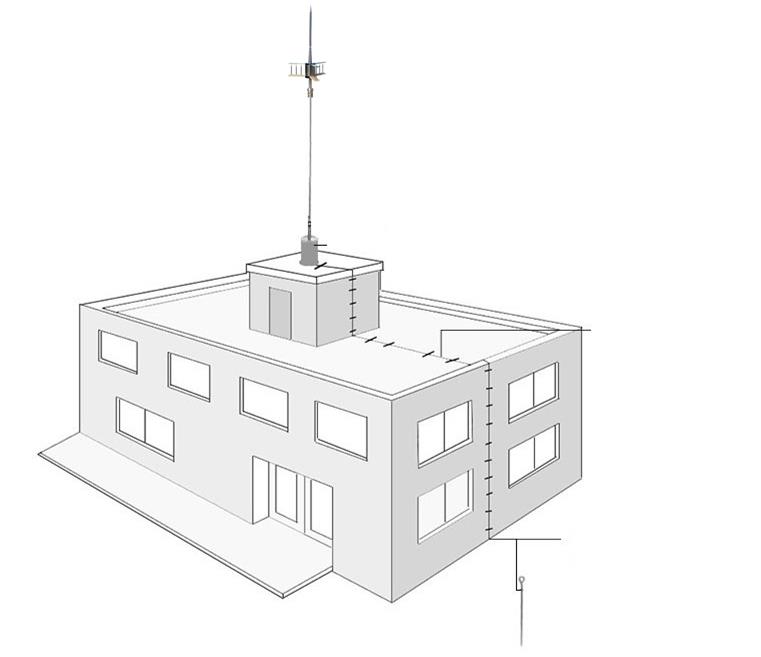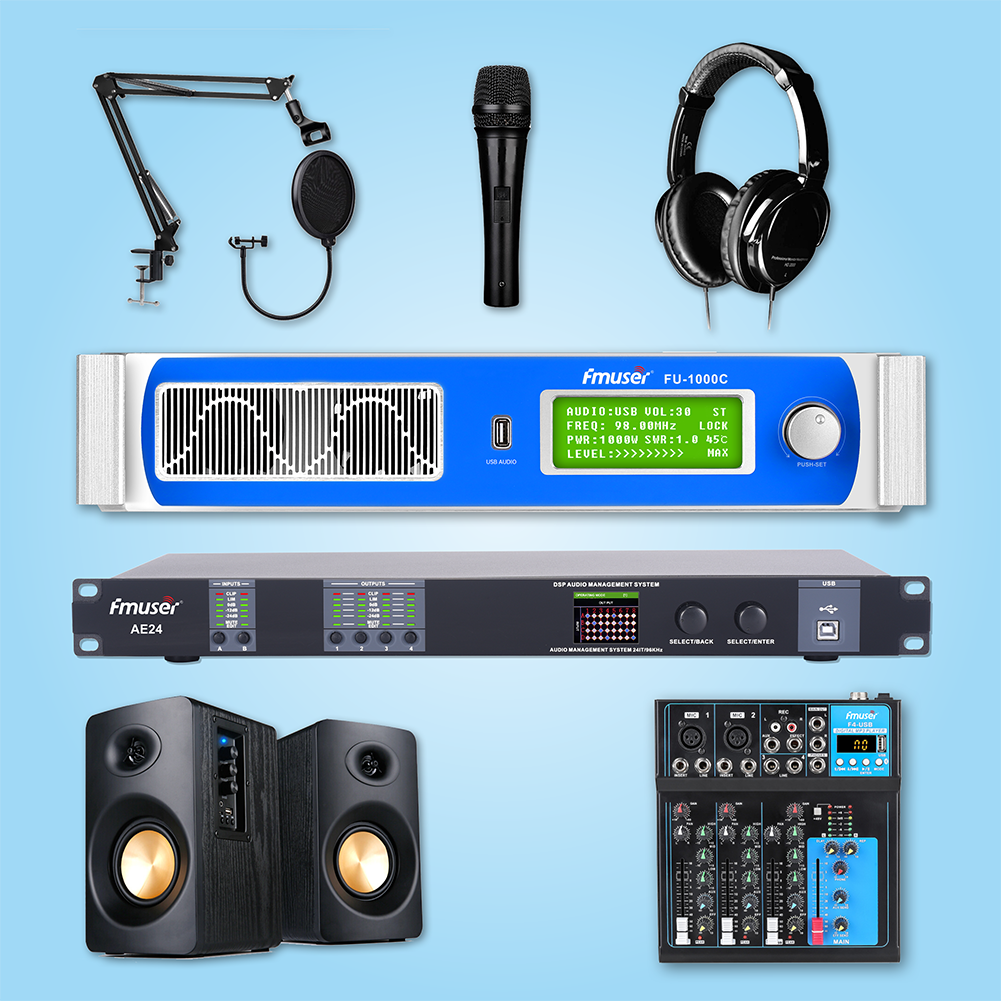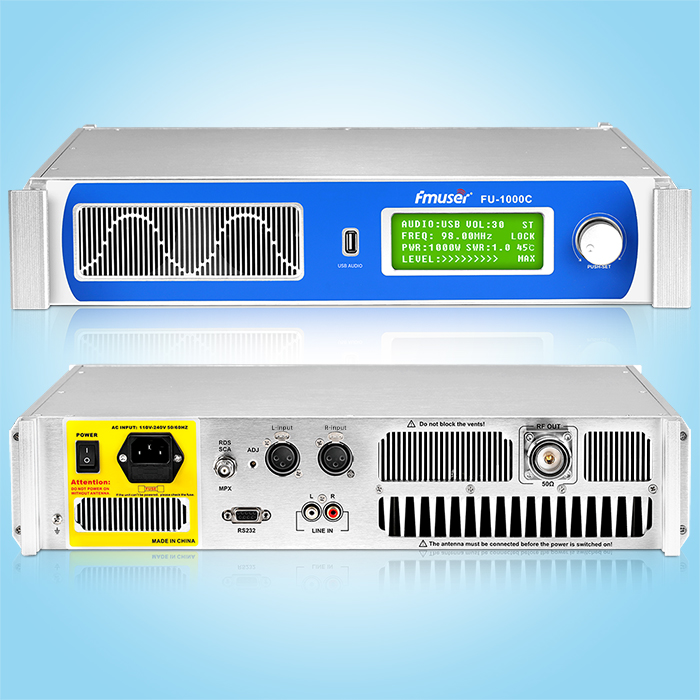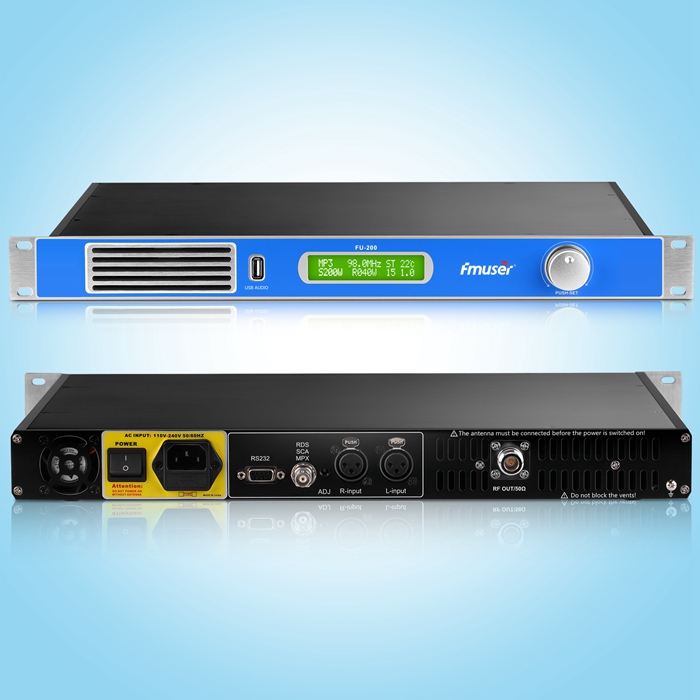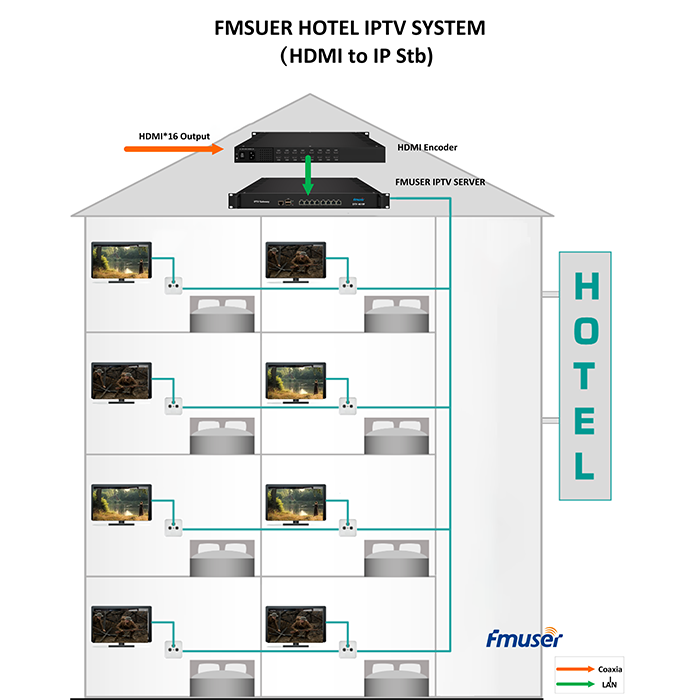"Faced with the growing number of wireless standards, factors in the design of complex RF products also need to be considered more and more. Is compatible with all wireless standards, regardless of program selection, purchase the device, or circuit design layout so the developer put forward a more severe test. At this point, if you have an urgent need for a flexible and configurable to support the "unlimited" upgrade programmable RF platform? That way, you do not need to build a different hardware platforms for different wireless standards just a single one approach, or a chip, through a simple software modification to meet different market needs, save time and effort.
Speaking of which, most probably experienced engineers have thought of SDR. SDR is not a new concept, on the contrary, it appears very early, but usually people are still stuck in the SDR misconceptions, such as "SDR at the expense of performance and features at the cost of flexibility," it is really the case NS? I believe after reading this article may change your mind. Today, we have to understand an unusual SDR products --ADI ADALM-PLUTO SDR active learning module, the vigor of this product is a direct result of some time ago have been in the city of priceless state.
I.e. SDR Software Defined Radio (Software Defined Radio), simply, the device can SDR received digitized signal, sent by the reconfigurable software then signals according to different communication protocol requirements, so that, by software we will be able to generate or modify receive different frequencies and protocols radio signal, regardless of the radio AM, FM, or Wi-Fi, Bluetooth and even 3G, 4G, 5G and so there is the future of SDR devices can send and receive debugging, this ways also broke the equipment ever to realize the communication function depends only on hardware development pattern, far-reaching significance.
ADALM-PLUTO SDR active learning module & box appearance (both hereinafter referred PlutoSDR)
Compared to the market at every turn tens of thousands of SDR equipment, PlutoSDR price close to the people and more significantly, the entire suite of ADI official agent in prices on the electronic (MOUSER) Trading Chak 758 yuan, but I also see a third-party platform 99 dollars the price, a little surprised, you know, onboard RF module itself agile transceivers offer a single chip of around $ 80 would (and currently the latest flagship SoC Qualcomm Snapdragon 845 price almost), totally sold $ 99 It is "to make friends," the price Well, high cost test platform.
From the point of view of the box open, PlutoSDR accessory kit comes with small (I believe the time will be very simple to use), including:
ADI PlutoSDR active learning module
Two antennas (see below, has been installed on the PlutoSDR, 824 MHz ~ 894MHz / 1710 MHz ~ 2170 MHz)
A 15cm SMA wire
A MicroUSB line
Actually quite surprised to see the kind, PlutoSDR very small, simple contrast, no big iPhone 5.5-inch screen, can be directly installed in a pocket of clothing to carry.
ADI introduced from the official point of view, do not be deceived PlutoSDR sleek appearance, it is actually a very powerful SDR RF program, the overall hardware solution using ADI's highly integrated RF-agile transceiver AD9363 + Xilinx Zynq Z -7010 SoC, support:
RF frequency range: 325 MHz to 3.8 GHz
Instantaneous bandwidth up to 20 MHz
Flexible rate, 12-bit ADC and DAC
A transmitter and a receiver, half or full duplex
Support for MATLAB, Simulink
GNU source current and sink current radio module
libiio, C, C ++, C # and Python API
Powered USB 2.0 interface with Micro-USB 2.0 connector
Specific parameters can refer to the following table:
Some details, look at PlutoSDR boards with high quality plastic shell wrapped dark blue, flanked on both sides with a non-slip rubber, feel superior, leaving only the housing and the antenna power MicroUSB, 2.0 MicroUSB communication / power supply interface, "device" the button hole (into DFU mode to permit manual).
As shown below, it is worth mentioning that, MicroUSB 2.0 interface (left figure) in addition to the power supply also supports many rich features:
Mass Storage (used to easily update the firmware)
Serial (for the Linux kernel on PlutoSDR / interact with the user space)
Networking / RNDIS (for loading control and custom applications ARM)
Libiio (bulk USB, for data transmission and control SDR)
Device Firmware Upgrade (for backup firmware upgrade)
By way of updating the firmware, even this MicroUSB interface can also support USB OTG functionality, can be connected to USB WiFi, USB cable network, USB audio devices and the like, of course, when the power supply through a power interface need MicroUSB (lower right panel).
PlutoSDR have separate receive and transmit channels, can operate in full duplex mode, the maximum may be implemented in 61.44MSPS second RF analog signals generated or captured in a wide frequency range 325MHz ~ 3800MHz. PlutoSDR comes to antennas 824 MHz ~ 894MHz / 1710 MHz to ~ 2170 MHz, so to implement other RF transmission and reception frequency bands with different antenna needs.
PlutoSDR dismantling
These are just some of the external interfaces of PlutoSDR case, then we open the inside is how to see?
Removed shell gives the first feeling is "empty", except for some IC devices, other small passive components onboard, especially in RF this area, and was more evident, not difficult to see the board equipped with Fengyun AD9363 RF agility of highly integrated transceivers, in addition, the reason may be because the use of laminates 10, the entire board PCB traces may seem simple, it may make some hardware engineers eager to own a DIY SDR equipment.
PlutoSDR entire device on a PCB layout shown below, entirely different device layout, it is easy to understand.
Nothing IC device back surface, only some passive electronic components.
ADI AD9363 RF agile transceiver
Let's look at the main board some chips, ADI AD9363 RF agile transceiver. From the actual PCB circuit can clearly see FIG AD9363 substantially no other peripheral devices, and only pay attention to some RF power supply wiring, the hardware design can be quite simple.
AD9363 is a highly integrated single-chip RF solution, to understand clearly the chip, can be learned by following the overall block diagram of a hardware system.
At the receiving end AD9363 includes a LNA, Mixer (a mixer), the Filter (configurable analog filter), ADC, Filter (digital filters) and generating a signal of the FIR 12bit, while also receiving uplink AGC or manual gain control, DC offset correction, quadrature correction, finally receives the I and Q signals will be transmitted to the digital baseband processor, i.e. Zynq FPGA on the board;
Learn receiving end, the transmitting end is relatively easy to understand, the equivalent turn. AD9363 also at the transmitting end uses a direct conversion architecture, the baseband processor (Zynq FPGA) out of the first I and Q signals by the FIR, and then through a digital filter, DAC, analog filter, mixer, and finally by PA up to the antenna transmission.
Of course, see the actual RF circuit design is so simple almost guessed, AD9363 integrated complete the PLL, the local oscillator and provides the clock for the transmit chain and receive chain, also provides the clock for the ADC, DAC, sampling.
AD9363 RF agile transceiver mainly for various low-power wireless applications, such as femtocells, DAS, wireless video transmission, etc., and its main features are as follows:
Integrated 12-bit DAC and ADC of radio frequency (RF) 2 × 2 transceiver
Wide bandwidth: 325 MHz to 3.8 GHz
Support time division duplex (TDD) and frequency division duplex (FDD) mode of operation
Tunable the channel bandwidth (BW): up to 20 MHz
Receiver: 6 differential or single-ended inputs 12
Excellent receiver sensitivity, noise figure with 3 dB
Reception (Rx) gain control: real-time monitoring and control signals for manual gain; independent automatic gain control (AGC)
Dual transmitter: 4 differential outputs
High linearity wideband transmitter: transmit (Tx) error vector magnitude (EVM): - 34 dB; Tx Noise: ≤-157 dBm / Hz noise floor; the Tx Monitor: 66 dB dynamic range, precision = 1 dB
Integrated fractional-N frequency synthesizer
2.4 Hz local oscillator (LO) step
CMOS / LVDS digital interface
The wireless device typically SDR programmable gate array (FPGA) or (SoC), a programmable chip from the RF front end and a configurable digital field for a combination of functions, PlutoSDR no exception. In the above, we have known, PlutoSDR Xilinx Zynq XC7Z010 selected as a digital baseband processor, Xilinx Zynq XC7Z010 fact can not be simply interpreted as the FPGA, more properly called SoC, which contains a processor and ARM Cortex-A9 a hardware programmable FPGA, the integrated CPU, DSP, ASSP and mixed-signal functional units can be easily implemented hardware acceleration. About this Xilinx Zynq XC7Z010 SoC, refer to the previous love board network review article, in this article will not repeat.
FPGA external communication is achieved by the SMSC USB3320C USB transceiver, USB3320C interface to communicate with the FPGA through the ULPI, many may fulfill the functions described above, such as mass storage, firmware update, serial communication.
MicroUSB close beside two interfaces are ADI own power device ADP2114A buck regulator provides a stable voltage for the entire RF system.
In the following figure, AD9363RF below agile transceiver U1, U7 of the ADI LDO ADP1755, 1.3V power provided to the RF transceiver.
So the whole, the entire ADI PlutoSDR a hardware block diagram is shown below:
On PlutoSDR electricity use
After understanding the basic parameters, and hardware configuration PlutoSDR, we actually electrical Look, look PlutoSDR in the end how to use? What can be done or what kind of testing and evaluation to achieve?
Most convenient local materials, can be tested by a number of accessories PlutoSDR itself comes, kit and may be implemented SMA wire receiving end and the transmitting end of the cable interconnection, to achieve a similar frequency emission and collection, an antenna may be built-in wireless emission and collection, MicroUSB power cable can be realized, but also to achieve a firmware update functions.
We have already introduced a number of PlutoSDR MicroUSB 2.0 interface functions, indeed, found after power needed to install the driver a lot, only one does not need to install the driver will be able to use the functions in the case of a large-capacity storage, it can support firmware update , very easy to use and convenient.
Other drivers also good at ADI official are packaged in a package installation, windows driver installation: Download
After the driver is installed, it can officially open with a serial port without much introduction, which PlutoSDR IIO USBD is the communication interface of ADI IIO oscilloscope software need to use.
In addition, there is a next PlutoSDR DFU mode, this mode can update the firmware. The above said through a mass storage firmware update is more convenient, why should enter DFU mode update the firmware? Very simple, if PlutoSDR internal firmware careless play bad, they can not display or mass storage via mass storage can not update the firmware, it can only be updated by entering DFU mode, it is necessary to function.
I got the initial firmware version PlutoSDR is V0.26, you can see the latest firmware version V0.27 by config page under the U disk mass storage mode, just by testing the next version of the firmware mass storage mode updated.
As shown below, the updated firmware pluto.frm, compared to the other through the DFU pluto.dfu updated firmware file.
About file size 8.8MB, update time no official description of 4 minutes, almost three minutes just fine, after all, is still subject to internal programming interactive communication interface. The update process LED1 blinks rapidly update will be restored to their original finish.
IIO Oscilloscope
IIO Oscilloscope can be regarded as an application, similar to the spectrum analyzer interface, you can get time domain, frequency domain, constellations, cross-correlation data in four modes, too, we can also modify some parameters to evaluate PlutoSDR. IIO Oscilloscope Software Download: Download
On the connection, IIO Oscilloscope mode and network support USB connection mode (via IP), but in fact I discovered only after the use of this software is not designed for PlutoSDR prepared from the setup software point of view, is used for the ADI AD9361 / AD9364, AD9363 be borrowed from the software platform.
Such as setting the frequency of the reception 1800MHz
Actual received frequency-domain FFT 1800MHz display, background noise is high, a little more glitches.
In addition, there is a particularly interesting thing to use this software to set more than 3.8GHz frequency can not be achieved, which is consistent RF parameters PlutoSDR this product, but our environment through the serial port is set to AD9364 (follows), you can achieve acceptable frequency of 6GHz, I do not know a bug or performance of the AD9363 can achieve itself, but is limited.
Enter the following settings in the serial interface for printing:
#fw_setenv attr_name compatible
#fw_setenv attr_val "" AD9364 ""
#pluto_reboot reset
After that, restart PLUTOSDR researches the device, it can clearly see that it has been set to AD9364, this is the pen of this suite to open the road of cattle.
Attach an AD9363 and AD9364 comparison, you will understand what this "crack" means anything.
Product number
RF frequency range
bandwidth
AD9363
325 MHz ~ 3.8 GHz
20 MHz
AD9364
70 MHz ~ 6.0 GHz
56 MHz
Matlab & Simulink
Plutosdr supports development tools are very rich, such as open source software GQRX / GNURADIO, MATLAB, Simulink, etc., next to the use of Plutosdr and Matlab & Simulink two mainstream tools.
To make PlutosDR to be used smoothly on the MATLAB platform, you need to install the necessary support package AdalMplutoraDio.mlpkginstall: Download address
Be
However, on the hardware connection, the author has originally updated the PLUTOSDR firmware to the latest V0.27 version, and the resulting support package can only recommend using V0.26 firmware, helplessly updated it.
The official also provides four MATLAB & SIMULINK-based routine applications.
But I test down, only Spectral Analysis with ADALM-PLUTO and FM Receiver Using ADALM-PLUTO can be no threshold for the use of the other two, Airplane Tracking Using ADSB Signals need to Mapping Toolbox support, Transmitting and Receiving Images Using ADALM-PLUTO need WLAN System Toolbox support, you need to apply or purchase.
FM Receiver Using AdAlm-Pluto routine
The Spectral Analysis with adorem-pluto routine is mainly to perform FFT-based spectrum analysis on the baseband, and provides views of the receiver without a sharing dynamic range and the SNR quality of the received signal, as shown in the figure below.
PlutosDR can be tossible. For example, you can use Shell Scripts, C & C ++, Python to build your own app, you can use WiFi Dongles, Wired Ethernet dongles, etc. to expand PLUTOSDR, and we can also combine Raspberry Pieces, BeagleBone, ARM certification. The 96Boards and other platforms are developed with Plutosdr. This paper is just the top of the Plutosdr full-featured iceberg. If there is interested friends who don't go to ADI official purchase, the current academic prices are only $ 99, with ultra high cost performance.
summary
This article introduces the Adi Pluto Active Learning Module (PLUTOSDR), including hardware composition, supporting software, data, development environment, Plutosdr relies on clear and concise tutorials, which is easy to use, help to electrical engineering and communication-related majors introduction of software-defined radio (SDR), the basics of radio frequency (RF) and wireless communications, of course, for engineers, geeks SDR interest can also be achieved through more innovative design PlutoSDR.
In the face of increasing complex and variable RF systems, Plutosdr combines AD9363 + XILINX ZYNQ Z-7010 SOC to provide reused and adaptable radio development test platforms, including software configurability and control, optimized system performance, more Small system size and minimizing design risks and listing time, Plutosdr serves as ADI agency, highly integrated SDR prototype production and development platform is very worthy of starting.
Summit online purchase:
PlutosDR Buy "
Our other product:


